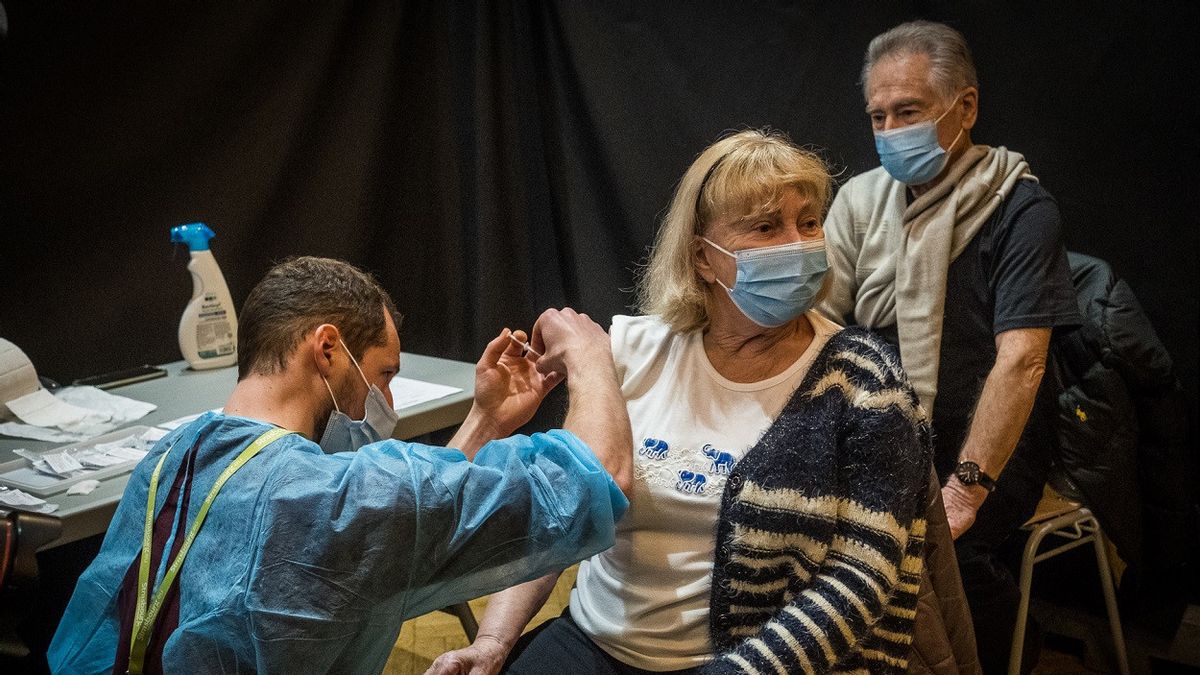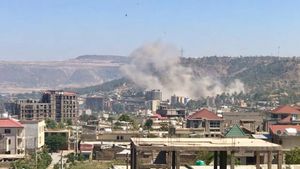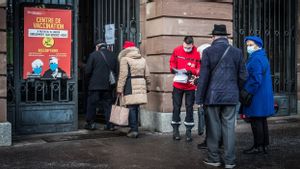JAKARTA - The damage done to the heart muscle in rare cases of myocarditis following a coronavirus vaccination is mild and unlikely to affect patients' long-term health, according to a new study published by doctors and scientists at Rabin Medical Center.
The study, the largest of its kind to date, examined 15 patients aged between 17 and 76 years who developed heart inflammation after their first or second vaccine, using advanced magnetic resonance imaging (MRI) technology that allows an extremely high degree of accuracy to diagnose the degree of myocardial injury.
MRI is considered the standard for evaluation of cardiac function, according to the lead investigator, head of the Department of Cardiovascular Imaging at Rabin, Dr. Ashraf Hamdan. He said the technology allows for a very high degree of accuracy.
"This is the first and largest study in the world to look at the problem of using MRI," explained Hamdan as quoted by The Jerusalem Post November 10,
"Other studies were smaller and only included five to seven patients," he continued.
Patients who have been diagnosed with myocarditis are examined within 42 days of the first or second injection of the COVID-19 vaccine.
The results showed that the degree of damage to the heart muscle was very mild (only about an average of 2 percent of the mass of the myocardium) and in most cases, heart function remained normal.
The most common complaint was chest pain, studies showed, and all patients were eventually discharged from the hospital.
A study published last month by the hospital's Department of Cardiology with the Clalit Research Institute has shown the phenomenon is rare. Among the 2.5 million Israelis who received the COVID-19 vaccine, only 54 developed heart inflammation.
SEE ALSO:
According to Hamdan, myocarditis appears to be an immediate auto-immune reaction and nothing more.
He added, given the minor damage and the fact that although some of the heart's inflammation appeared to be functioning normally, "we hope this patient will have no problems in the future."
The English, Chinese, Japanese, Arabic, and French versions are automatically generated by the AI. So there may still be inaccuracies in translating, please always see Indonesian as our main language. (system supported by DigitalSiber.id)


















